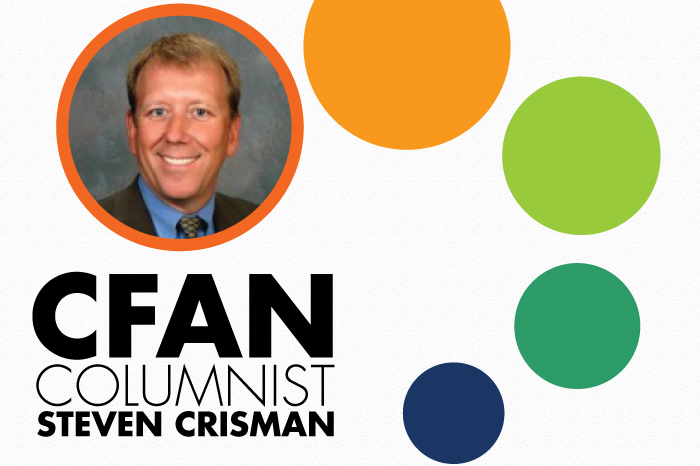ONE OF THE most talked about topics this tax season is the new tangible repair regulations. With the final regulations applying to taxable years beginning on or after January 1, 2014, many businesses are currently trying to ensure that they conform to the new rules. In the next few months, I will be examining different aspects of the repair regulations, including their impact on taxpayers and what measures businesses will need to take.
First, let’s cover the basics. The regulations affect most business taxpayers, specifically taxpayers with depreciable assets, repairs and maintenance, and materials and supplies. Businesses with large capital expenditures, such as those with substantial real estate holdings, will endure the most significant impact. Typically, businesses have been able to deduct expenses derived from making repairs to their property. However, costs associated with acquiring, producing, or improving property must be capitalized. Though this rule is not changing, the IRS has issued these new repair regulations to clarify the definitions of “repairs” and “improvements.” Farming operations with fuel, chemical, and other supplies will need to carefully assess how they are complying with these new regulations.
Many businesses are changing their method of accounting due to the regulations. This is done by filing Form 3115, the Application for Change in Accounting Method, with their 2014 return. There is good news for small businesses who want to follow suit; the IRS recently announced simplified procedures for qualifying small businesses.
In the coming months, I will review the basics of the regulations so you can make business decisions and have enough knowledge to discuss these very complicated topics with your tax and business advisers.
BIO: Steven Crisman is the managing partner of Cross, Fernandez & Riley, LLP’s (C/F/R) Winter Haven office and leads its Agriculture Practice Group. He primarily serves the agriculture, manufacturing, warehousing, and distribution industries. He has specific experience with citrus growers, cattle ranchers, citrus and other horticultural nurseries, citrus harvesters and other support industries as well as watermelon, blueberry and other growers. In addition, Steve provides comprehensive tax and estate planning, attestation and business succession planning services.

